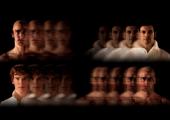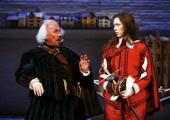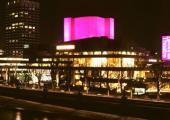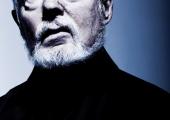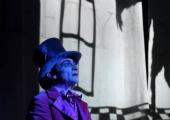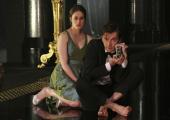theartsdesk Guide to Valentine's Day
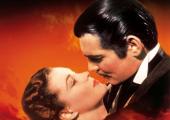
There's more to 14 February than roses and rom-coms
Whether it’s consolation, stimulation, or just some old-fashioned romance you’re after this Valentine’s Day, theartsdesk’s team of writers (with a little help from a certain Bard from Stratford) have got it covered. Exhibitions to stir the heart, music to swell the soul, and comedy to help recover from both – we offer our pick of the most romantic of the arts. So from Giselle to Joe Versus the Volcano, from Barthes to the Bard, theartsdesk celebrates the many-splendoured thing that is love.

